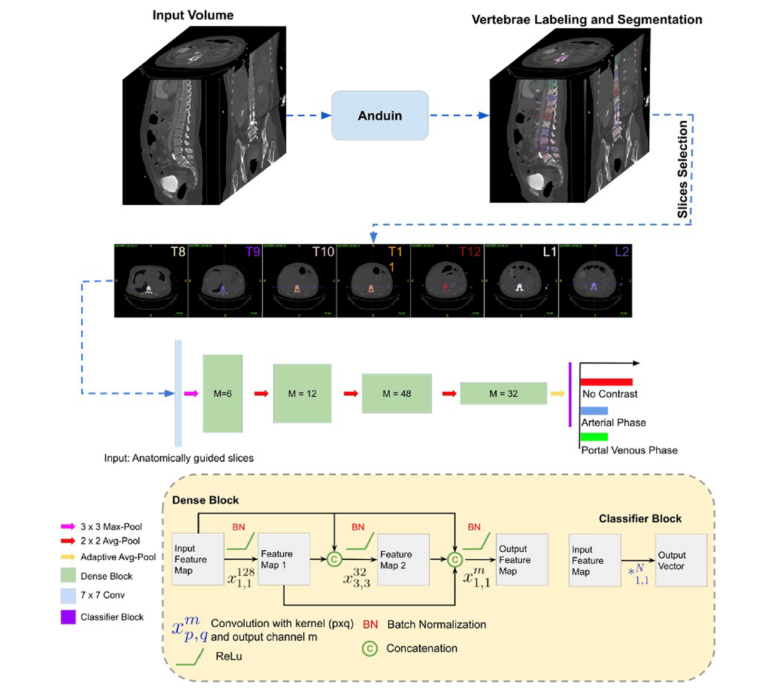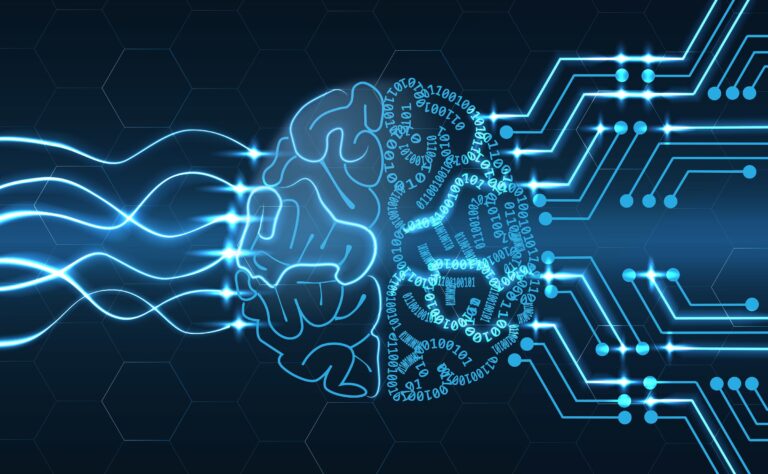
Artificial neural network detects contrast phase in MDCT
Automated extraction of novel biomarkers from routine imaging examinations, e.g., opportunistic CT, is a promising opportunity to extend current screening possibilities and to better guide individualized therapies. In theory, opportunistic CT can be used to obtain quantitative biomarker data from any tissue included in a routine examination. Over the past decade, AI has been used to develop many different automated











